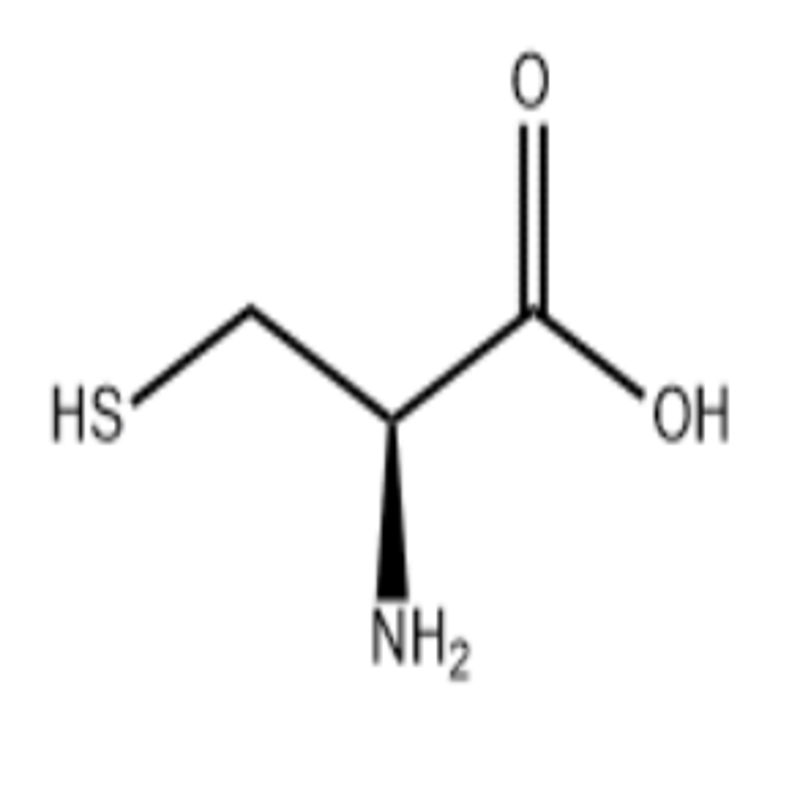New genes to fight rice pestilence are cloned
-
Last Update: 2021-02-27
-
Source: Internet
-
Author: User
Search more information of high quality chemicals, good prices and reliable suppliers, visit
www.echemi.com
23rd, Cell Research published online the latest advances in the molecular mechanism of rice resistance to rice pestilence by Wan Jianmin, a member of the Chinese Academy of Engineering. They cloned OsCNGC9, a new gene that regulates the innogeneia of rice, and studied its molecular mechanisms that affect the resistance of rice fever in rice seedlings.
mainly rely on their own immune system to resist the invasion of pathogens. In a pattern-triggered immune response (PTI), plants activate the PTI response by identifying pathogen-related molecular patterns (PLMs) by locating pattern recognition subjects (PRRs) on the cell membrane. The instantaneous rise in calcium ion concentration in cytones has long been considered one of the early core events of plant PTI reactions, but the calcium ion channel responsible for mediating this process in rice is still unknown.
Co-author of the
paper, Dr. Wang Jiachang of Nanjing Agricultural University, said that the team obtained a gene OsCNGC9 that encodes the cyclic nucleotide ion channel protein by means of map cloning, which has a positive regulatory effect on the resistance of rice seed rice pestilence and is further identified as a calcium ion channel protein.
, author of the paper and an associate researcher at the Crop Science Research Institute of the Chinese Academy of Agricultural Sciences, said that in the process of rice PTI, OsCNGC9 actively regulates the introflow of extracellal calcium ions induced by PAMP, the outbreak of reactive oxygen and the expression of PTI-related genes. Further studies have also found that a rice PTI-related PTI-like kinase OsRLCK185 can be interoperated with OsCNGC9, by phosphate it to change its channel activity. The over-expression of OsCNGC9 can significantly improve the PTI response and resistance of seedling rice pestilence in rice, which shows the potential application value of OsCNGC9 in rice disease-resistant genetic improvement.
Wan Jianmin believes that the study established an immune signaling pathway from pathogen identification to calcium ion channel activation, filling an important link missing from the immune response triggered by plant patterns, and providing a theoretical basis for rice disease-resistant genetic improvement using OsCNGC9.
The study was carried out in full cooperation with Nanjing Agricultural University and the Crop Science Research Institute of the Chinese Academy of Agricultural Sciences, in cooperation with the Institute of Plant Physiology and Ecology of the Shanghai Institute of Life Sciences of the Chinese Academy of Sciences and the Institute of Genetics and Developmental Biology of the Chinese Academy of Sciences. The research has been funded by the National Natural Science Foundation of China and the National Key Research and Development Program.
relevant paper information:
This article is an English version of an article which is originally in the Chinese language on echemi.com and is provided for information purposes only.
This website makes no representation or warranty of any kind, either expressed or implied, as to the accuracy, completeness ownership or reliability of
the article or any translations thereof. If you have any concerns or complaints relating to the article, please send an email, providing a detailed
description of the concern or complaint, to
service@echemi.com. A staff member will contact you within 5 working days. Once verified, infringing content
will be removed immediately.







